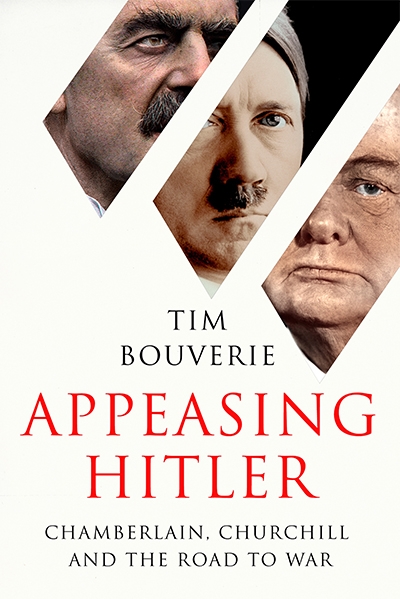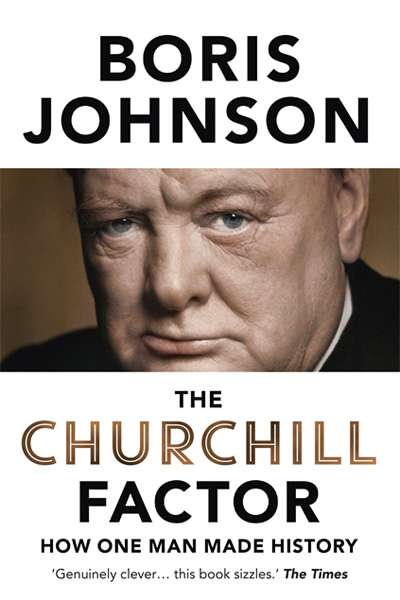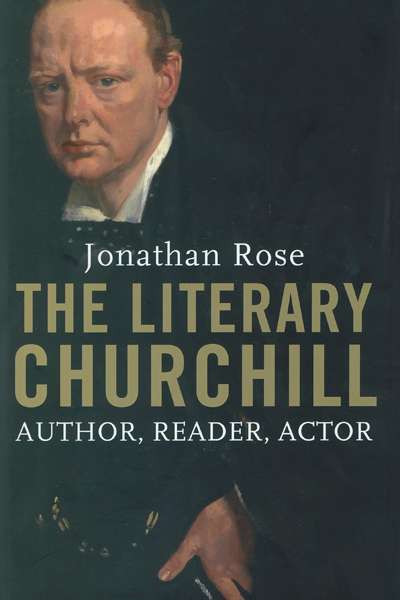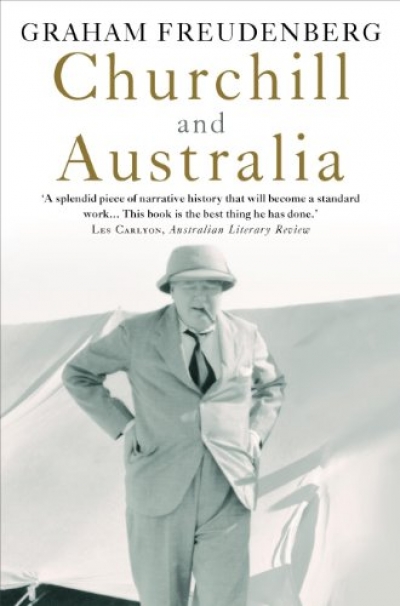Winston Churchill
Appeasing Hitler: Chamberlain, Churchill and the road to war by Tim Bouverie
by Glyn Davis •
The Churchill Factor: How One Man Made History by Boris Johnson
by Peter Heerey •
The Literary Churchill: Author, reader, actor by Jonathan Rose
by Richard Toye •
The Art of Great Speeches and Why We Remember Them by Dennis Glover
by Joel Deane •
Churchill and Australia by Graham Freudenberg
by Geoffrey Blainey •




